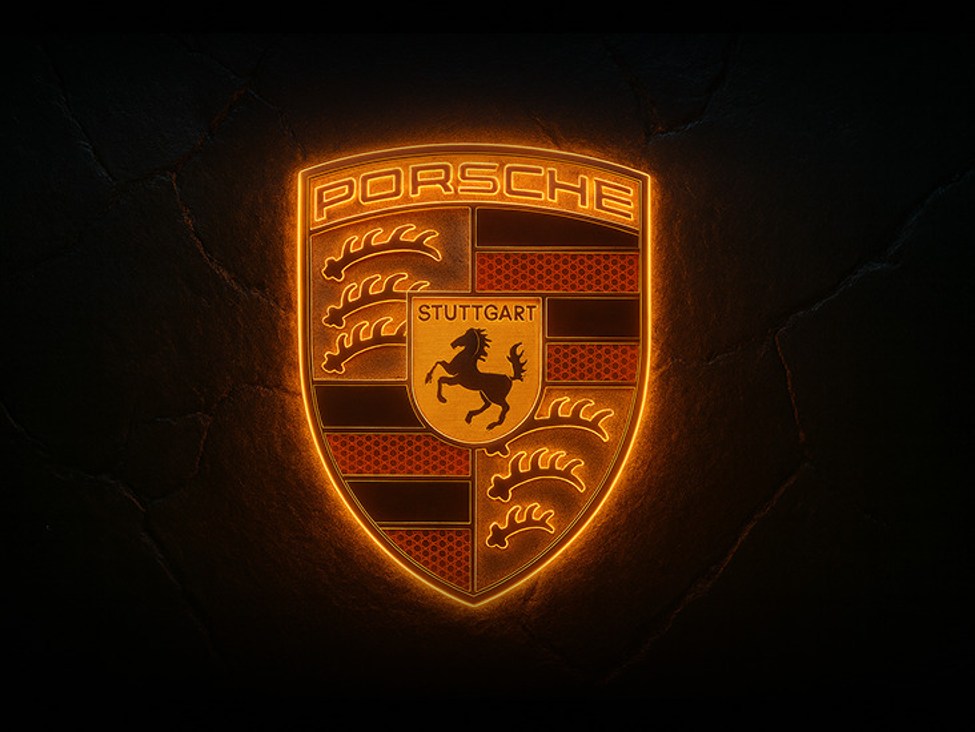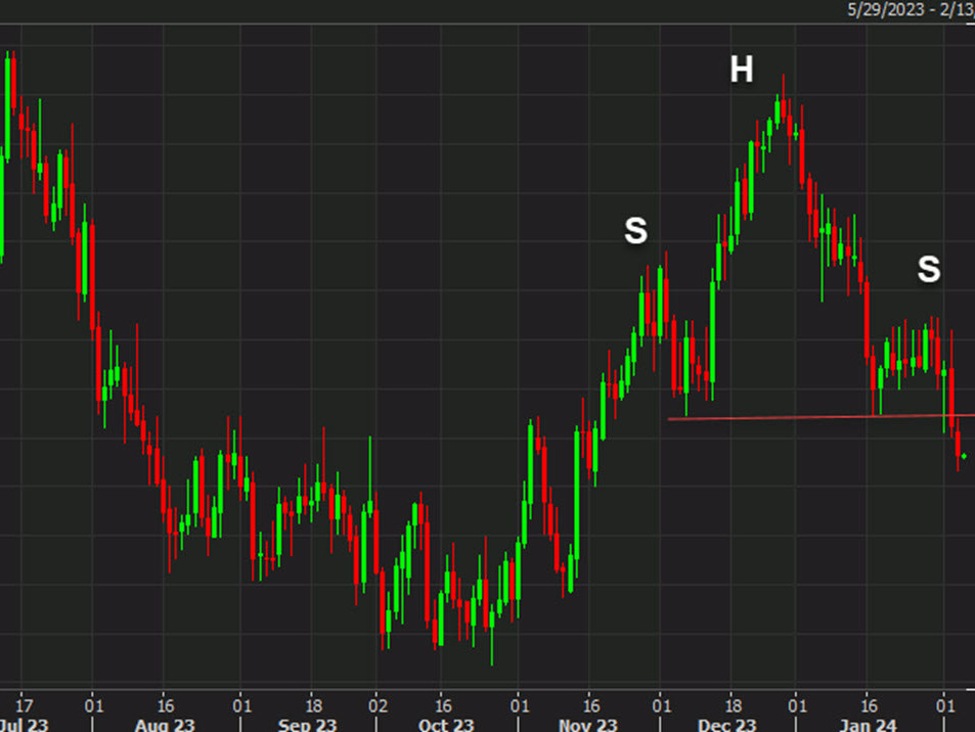It has been almost three years since Porsche, the German car manufacturer best known for its luxury sports cars, particularly the iconic 911 model, went public. Although the global economy is not doing badly, with the S&P 500 index at record highs and wealth growth accelerating, things are not going well for the company.
After Porsche registered a ~91% drop in operating profit in the second quarter of 2025, Porsche AG once again disappointed investors by issuing a profit warning. The new forecasts for 2025 put the profit margin at no more than 2%, down from the previous range of 5% to 7%, with a €1.8 billion drop in operating profit.
And it’s not that luxury vehicles have gone out of fashion — Ferrari, for example, reported net revenues of €1,787 million, up 4.4% versus the prior year, with total shipments of 3,494 units; EBIT of €552 million, up 8.1% versus the previous year; and an operating profit margin of 30.9% for the second quarter.
Instead, what seems to have failed Porsche was the wrong choice of direction, in particular, the shift towards electric vehicle production. The initial target, announced in 2022, was to electrify 80% of its range by 2030, but now those aspirations have been tempered as demand continues to fall amid uncertainty.
And it’s not just that when you buy a sports car, you want to hear its natural roar, but also consumer concerns such as range anxiety, recharge times, and, of course, growing competition from the Chinese. It should be noted that other manufacturers, such as Mercedes-Benz and Volvo, face the same problems.
Another headwind for Porsche is trade wars. Overall, it is estimated that President Trump’s tariff war has inflicted almost $12 billion in losses on global automakers — the biggest hit they have faced since the pandemic. To manage the fallout, they are forced to pursue cost-cutting measures, including massive layoffs.
Will Porsche be able to pull through?
The coming months will be decisive for Porsche. The company faces difficult decisions, from tough negotiations with unions to a possible restructuring of its product range. It remains to be seen whether it will be able to adapt successfully. But beyond internal challenges, the European automotive industry remains under pressure.
The uncertainty surrounding global trade agreements, the risks of inflation from tariffs, and the economic slowdown could ultimately undermine consumer confidence. According to Fitch, European automakers cannot pass on the full cost increase to customers, which could reduce operating margins by up to 250 bp.















